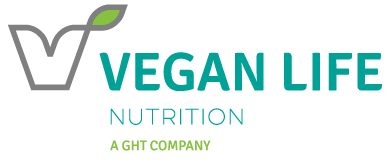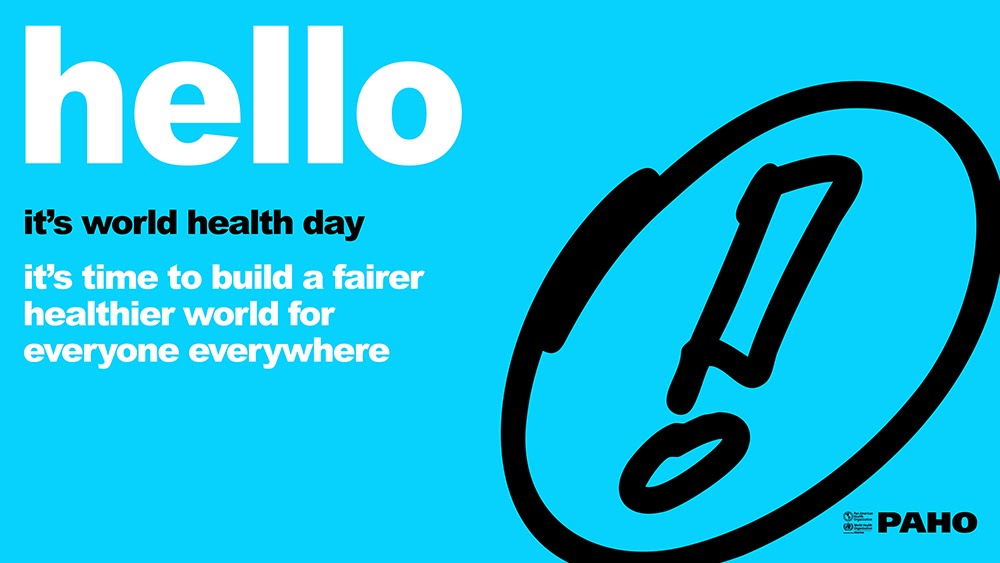World Health Day is more than just a holiday meant to remind you to eat healthily and not skip your workout. This year, it’s about health equity, too. We cover everything you need to know about this year’s World Health Day theme below!
World Health Day 2021
Celebrated annually on April 7th, the day commemorates the founding of the World Health Organization (WHO). World Health Day is intended to raise awareness around challenges and opportunities related to improving health across the globe. Each year, the WHO designates a theme to draw attention to a different global health issue.
This year’s focus is building a fairer, healthier world. In medical communities and governmental bodies, this is referred to as “health equity,” and whether or not it exists in our communities has a huge impact on the overall state of health outcomes.
What is Health Equity?
Health equity is a deceptively broad term. In general, it refers to the goal of making sure everyone has the ability to live full, healthy lives through access to all of the medical care they need, regardless of their background or circumstance. According to the CDC, “Health equity is achieved when every person has the opportunity to attain his or her full health potential and no one is disadvantaged from achieving this potential because of social position or other socially determined circumstances.”
Many places in the world, including the US, experience unequal systems of healthcare, meaning that not everyone has access to equal care that results in equitable or fair outcomes. Many areas have seen this lack of health equity become especially noticeable during the COVID-19 pandemic; it has been recorded that communities with more disadvantages or obstacles are harder hit by the pandemic than others.
“Some people are able to live healthier lives and have better access to health services than others – entirely due to the conditions in which they are born, grow, live, work and age,” reports the WHO. Some obstacles to health equity include:
- Racial and ethnic discrimination
- Lack of access to quality education
- Income and wealth gaps
- Inadequate housing
- Unsafe environments
How to Honor World Health Day and Promote Health Equity
The COVID-19 pandemic has made it obvious that we each need to take proper preventative health measures and ensure that we have access to the right care when we need it. But making sure that our communities as a whole are healthy requires much more than just a focus on individual health. Much like environmental veganism aims to improve the environment as a whole and not just the environment of the select population that chooses to live a vegan lifestyle, establishing health equity means improving health outcomes for everyone across the board. Health equity is a notoriously difficult issue with no quick fix, but there are a few things you can do to support this year’s World Health Day theme and promote equity in your immediate community.
Support Established Organizations
The good news is that when it comes to improving health equity, we aren’t starting at ground zero. There are already many organizations across the US whose missions are to improve the circumstances of underserved populations. Individual organizations will have their own unique ways for you to get involved and some of the best ways to help don’t involve giving money! A few organizations of note to get you started:
- Feeding America: Feeding America’s local chapters work to get nourishing food from farmers, manufacturers, and retailers to those who need it most. (Read about our 2020 journey with Feeding San Diego here!).
- St. Jude Children’s Research Hospital: St. Jude’s helps kids defeat childhood cancer and other fatal childhood diseases at no cost to their families.
- The Education Trust: This organization works to close opportunity gaps for students of color and students from low-income families.
These are just a few of the nonprofits doing exceptional and necessary work in our communities! Check out a nonprofit directory like Great Nonprofits to find more active nonprofit organizations near you.
Thank Your Healthcare Workers
World Health Day is the perfect time to show healthcare workers that you appreciate the work they do with a simple note or word or encouragement. It’s also a great time to have a conversation with a healthcare worker in your life about what kind of local help is needed to support health equity initiatives in community healthcare spaces. You may be surprised what you learn by initiating the conversation!
Take Care of Yourself
As we work toward more equitable health outcomes together, we also recognize that good individual health starts at home. Make sure you’re prioritizing your personal health with these key tips:
- Go Plant-Based: Adopting a plant-based diet is already an excellent step in the right direction. Not only may vegans experience fewer negative health outcomes than their peers, veganism also promotes a sustainable way of living that promotes caring for our planet, our environment, and our food sources.
- Exercise: Exercise has many benefits outside of weight management. Not only can it keep your body in shape and help prevent the risk of certain diseases, but studies show that it can help reduce anxiety, boost energy, and improve memory among other things.
- Care for Your Mental Health: If you don’t take care to ensure that your emotional, psychological, and social needs for wellbeing are met, it likely won’t be long until other parts of your daily health begin suffering, too. Make a conscious effort to take care of this aspect of your help. If you find that you’re struggling with symptoms or thoughts that make it difficult to get through your day, make sure you seek the help you need to get back on track.
- Get Adequate Nutrition: Good nutrition is an essential part of staying healthy. If your body is not receiving the nutrients it needs, certain essential processes and functions may be compromised. Ensuring that you’re getting enough of all of the essential vitamins and minerals your body needs helps boost your energy, sustain your immune system, and protect you against certain diseases. Vitamin D, vitamin B12, and calcium deficiencies are among the most common vitamin deficiencies experienced by Americans.
Have questions about beginning your health journey with the right supplements? Contact our customer support team anytime for answers, or browse our line of completely vegan health products.

